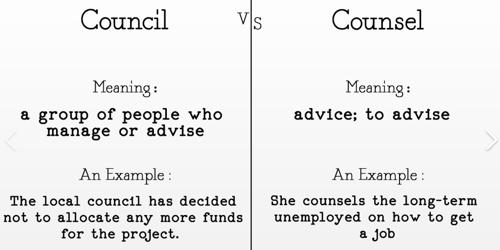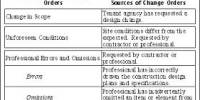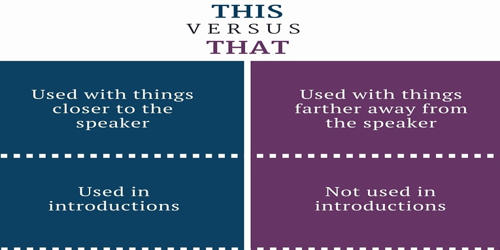“Have to” and “must” are very similar in meaning and can oftentimes be used interchangeably. MUST and HAVE TO are both used to express an obligation, responsibility, or necessity. In English, we use the words must and have to when we want to say that something is to be done necessarily or compulsorily. While must defines the exigency of doing something, have to denote an obligation which is imposed by someone else. Both Must and have to express obligation or necessity, but there are some small differences: Must expresses the speaker’s feelings, Have to mainly express general obligations. In the affirmative form, ‘have to’ has the same meaning as ‘must’ and is used to express obligations.
While ‘must’ is a modal verb, ‘have to’ is a semi-modal verb, in the sense that as a modal verb it is used along with the verb to express necessity, but acts like a normal verb in its formulation. ‘Must’ is the basic and most direct way of saying something is compulsory. Both ‘must’ and ‘have to’ talks about obligation, but must highlight a personal obligation, and have to outline an external obligation. While Must can generally be replaced by ‘Have to’ in the present tense, there is sometimes a slight difference in meaning or use.
Difference between Must and Have to –
MUST
- ‘Must’ reflects the necessity of doing something, as per the given circumstances.
- We use the word ‘must’ to show the indispensability of something. It indicates the exigency of an act.
- The word ‘must’ is used to express the compulsion or inevitability of doing something according to the circumstances, which cannot be ignored.
- ‘Must’ indicate what the speaker considers necessary.
- Must is the same for all the pronouns, i.e. I must, He must, etc.
- Negative and Interrogative Sentences can be created using ‘must’ without using auxiliary verbs, such as Must we? I must not, etc.
- Example: I must reach the office on time. She must be waiting for me in the market.
HAVE TO
- Have to is used when we want to say that something must happen, as it is required by law or circumstances.
- ‘Have to’ is used to indicate that the subject is bound to act in a specified manner, because of some external pressure.
- When someone is forced or bound to do something, we use the word ‘have to’. Hence, it denotes an obligation imposed on someone.
- ‘Have to’ expresses that the subject is obliged to do something.
- ‘Have to’ is conjugated according to the pronouns, i.e. I have to, He has to, etc.
- If we are using ‘have to’ in negative and interrogative sentences, then we need to use auxiliary verbs, like I don’t have to, or Does she has to?
- Example: I have to reach the office on time. She has to wait for me in the market.
















